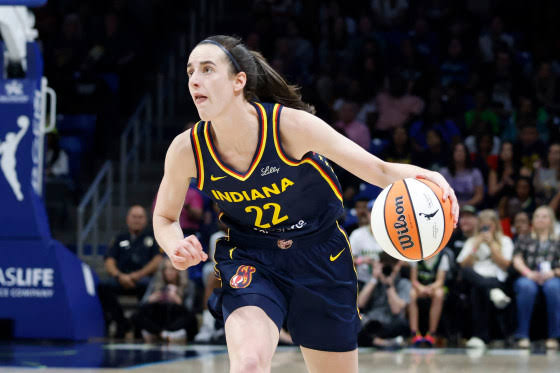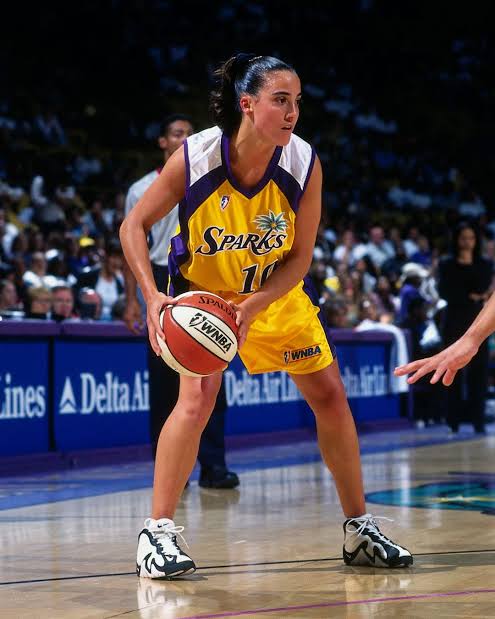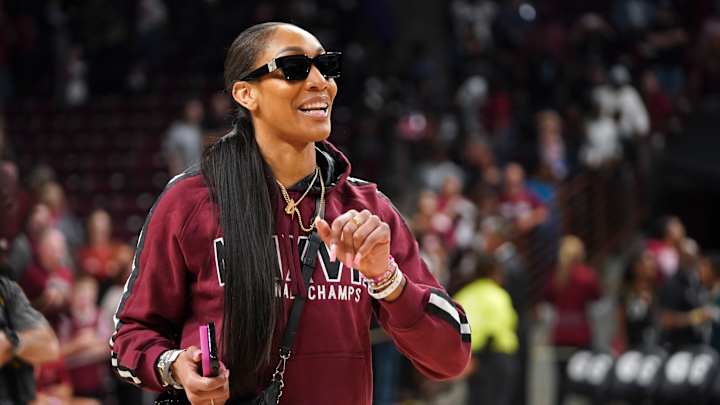Caitlin Clark has set the standard for a new generation of women’s basketball players since her NCAA career. Naturally, comparisons arise when discussing who might have a similar or greater impact in college basketball.
As Clark prepares for her second year in the WNBA after being drafted No. 1 overall by the Indiana Fever, she continues to be a popular topic on social media during the offseason.
Former Coach’s Bold Claim
Former Denver Nuggets head coach George Karl sparked intense debate after suggesting USC Trojans star JuJu Watkins could surpass Clark’s achievements.
In a viral tweet, Karl stated, “As good as Caitlin Clark is, I’m thinking JuJu Watkins may even be better. She looks to have the size, athleticism, and talent to even compete in the NBA at some level!”
The tweet quickly gained traction, amassing over 1.6 million views and 2.7K comments on X (formerly Twitter).
While Watkins has shown remarkable improvement in her sophomore year, the idea of a women’s basketball player competing in the NBA remains far-fetched due to the league’s demanding 82-game season.
Fans might have been less critical if Karl had suggested Watkins could eventually surpass Clark within the WNBA, rather than bringing the NBA into the conversation.
Clark Reflects on WNBA Transition
Caitlin Clark, a three-time All-American and NCAA all-time leading scorer, admitted her transition to the WNBA wasn’t seamless.
In a Time interview after being named Athlete of the Year, Clark said adapting to the Indiana Fever’s offensive system under former head coach Christie Sides was challenging.
“It was just so choppy, and no one really knew what the other person was doing,” Clark explained. “Our defense was really bad.”
Clark attributed her slow adjustment to the differences in basketball IQ between the college and pro levels. She pointed out that the WNBA game is “a lot smarter,” requiring a deeper understanding of strategy and play execution.
“Professional players and professional coaches — this is no disrespect to college women’s basketball — are a lot smarter,” Clark said. “If you go back and watch the way people guarded me in college, it’s almost concerning. They didn’t double me, they didn’t trap me, they weren’t physical.”
She acknowledged that most college players won’t play professionally, meaning their understanding of the game often remains limited.
Clark’s comments may come across as harsh, but her observations reflect the challenges athletes face when transitioning from college to the WNBA — a league featuring the world’s top women’s basketball players and requiring elite-level skills and game intelligence.



